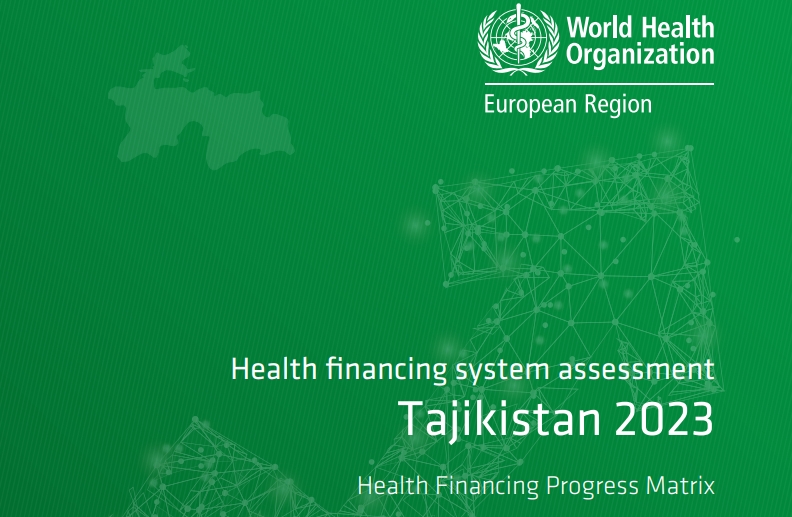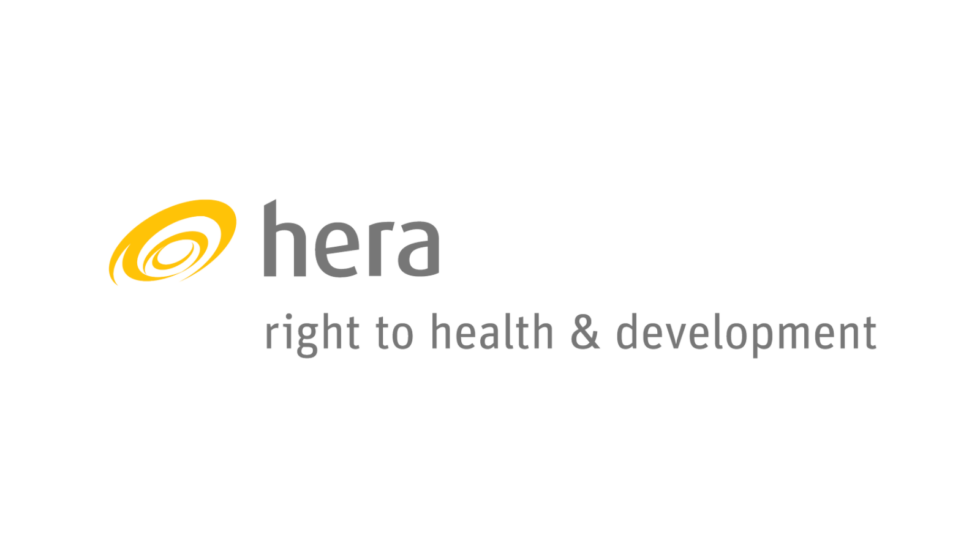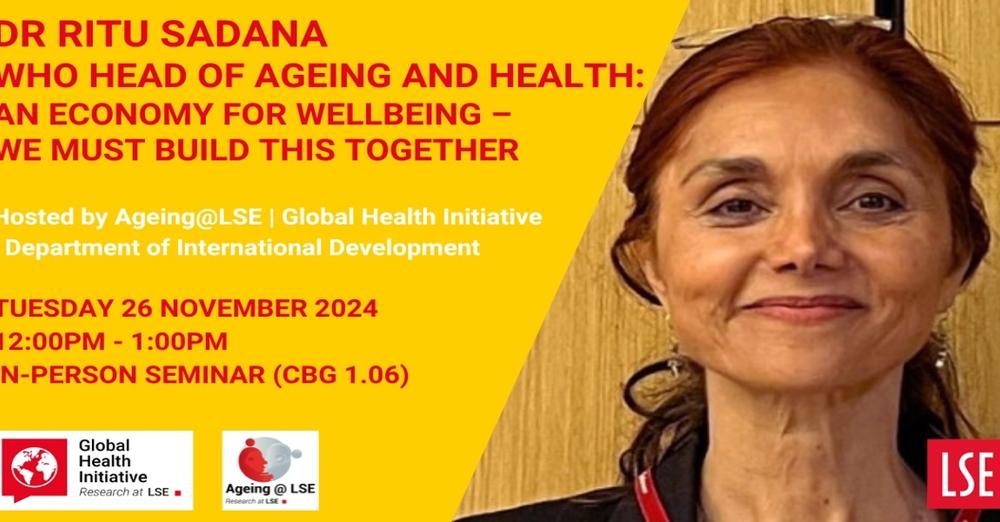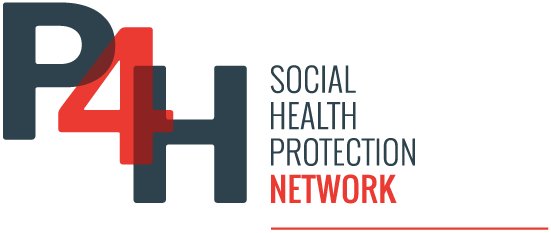
WHO published Health Financing Progress Matrix assessment for Tajikistan
As described here by WHO, this report summarizes the findings of the Health Financing Progress Matrix assessment, WHO’s standardized assessment of a country’s health financing policies, for Tajikistan. The report highlights both strengths and weaknesses in...
Decree establishing the powers of the Minister and the organization and operation of the Ministry of Universal Access to Healthcare
The creation of a new ministerial department essentially dedicated to Universal Access to Health Care was formalized by the present decree N° 2024-029/PR of 09/04/24, which sets out the Minister's remit and the organization and operation of the said ministry in Togo.
Decree setting out the contractual framework between the managing body and AMU’s delegated managing bodies
This decree sets out the contractual framework between the managing body and the delegated managing bodies (DMOs) of universal health insurance, in accordance with article 52 of law no. 2021-022 of October 18, 2021 instituting universal health insurance in the...
The Austrian Health Care System: Key Facts (2019)
The overview of the Austrian health care system developed by the Federal Ministry of Labour, Social Affairs, Health and Consumer Protection of Austria (the Ministry), was edited by a team from the Ministry's subordinate agency Gesundheit Österreich GmbH (Healthy...
Climate and health: a path to strategic co-financing?
The article Climate and health: a path to strategic co-financing? by Josephine Borghi and colleagues, published in the Journal of Health Policy Planning, examines the integration of health and climate financing to address the interconnected challenges posed by climate...
National Health Insurance Policy
The Rwanda National Health Insurance Policy aims to achieve universal health coverage by 2020 through equity, solidarity, and risk-sharing principles, ensuring access to quality health care for all citizens. With over 92% of the population already insured through...

P4H Network’s monitoring and evaluation framework developed and piloted by hera
The P4H Network contracted hera to pilot a new Monitoring and Evaluation framework, including the Critical Milestone Timeline tool, to enhance universal health coverage and reduce financial risks. Insights from Chad and Côte d'Ivoire helped refine the framework,...

Senate mission warns of financialization of healthcare provision
A Senate fact-finding mission sought to measure the phenomenon of financialization in the various sectors of healthcare provision. It identified the determinants and assessed the consequences for the organization of healthcare provision in different regions, the...

Health insurance publishes data on healthcare reimbursements over the last twelve months
On September 24, the French National Health Insurance (Assurance maladie) presented the trend in healthcare reimbursements by the general scheme over the last twelve months. The data published show that reimbursements rose by 4.4% over the period. Spending on...

IGF and Igas identify savings levers for medical devices
As part of the scheme to improve the quality of public action, the Inspection générale des Finances (IGF) and the Inspection générale des Affaires sociales (Igas) were commissioned in November 2023 to conduct an expenditure review on medical devices, which accounted...

The Ondam Alert Committee issues its second opinion
Following an initial opinion published in April, the Comité d'alerte has published a second opinion on compliance with the National Health Insurance Expenditure Target (Ondam) for 2024. The Ondam target for 2024 was set at €254.9 billion in the last Social Security...

The CNAM Board examines the health insurance income and expenditure report for 2025
The Board of Caisse Nationale de l'Assurance Maladie (CNAM) has examined the provisional annual report on projected costs and expenditure for 2025. The report forecasts a health insurance branch deficit of €11.4 billion by the end of 2024. To redress the situation,...
Health insurance: Income and expenditure report 2025
Based on analyses of trends in expenditure and practices, and drawing on French and international recommendations, the Charges et produits pour l'année 2025 report presents proposals and ideas for improving the quality and efficiency of care, and optimizing healthcare...

Building an economy for well-being: A seminar with Dr. Ritu Sadana
Dr Ritu Sadana, WHO Head of Ageing and Health, will discuss building an economy centred on well-being at an LSE seminar on 26 November 2024. The event will explore aligning economic, social, and health goals to prioritise people and planet over profits.The London...

Strategic purchasing in health: lever for universal health coverage in Côte d’Ivoire
Initiatives in Côte d'Ivoire to reform its health financing and implement strategic purchasing of primary health care aim to accelerate universal health coverage. International organizations provide technical support, just as the P4H Network provides expertise...
